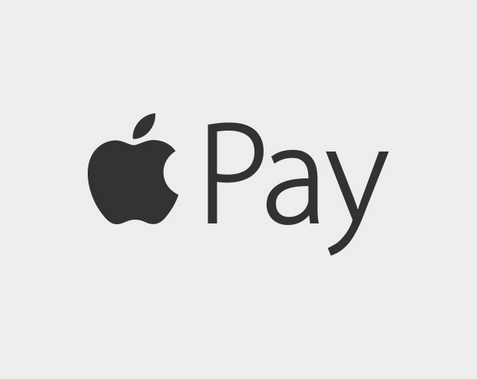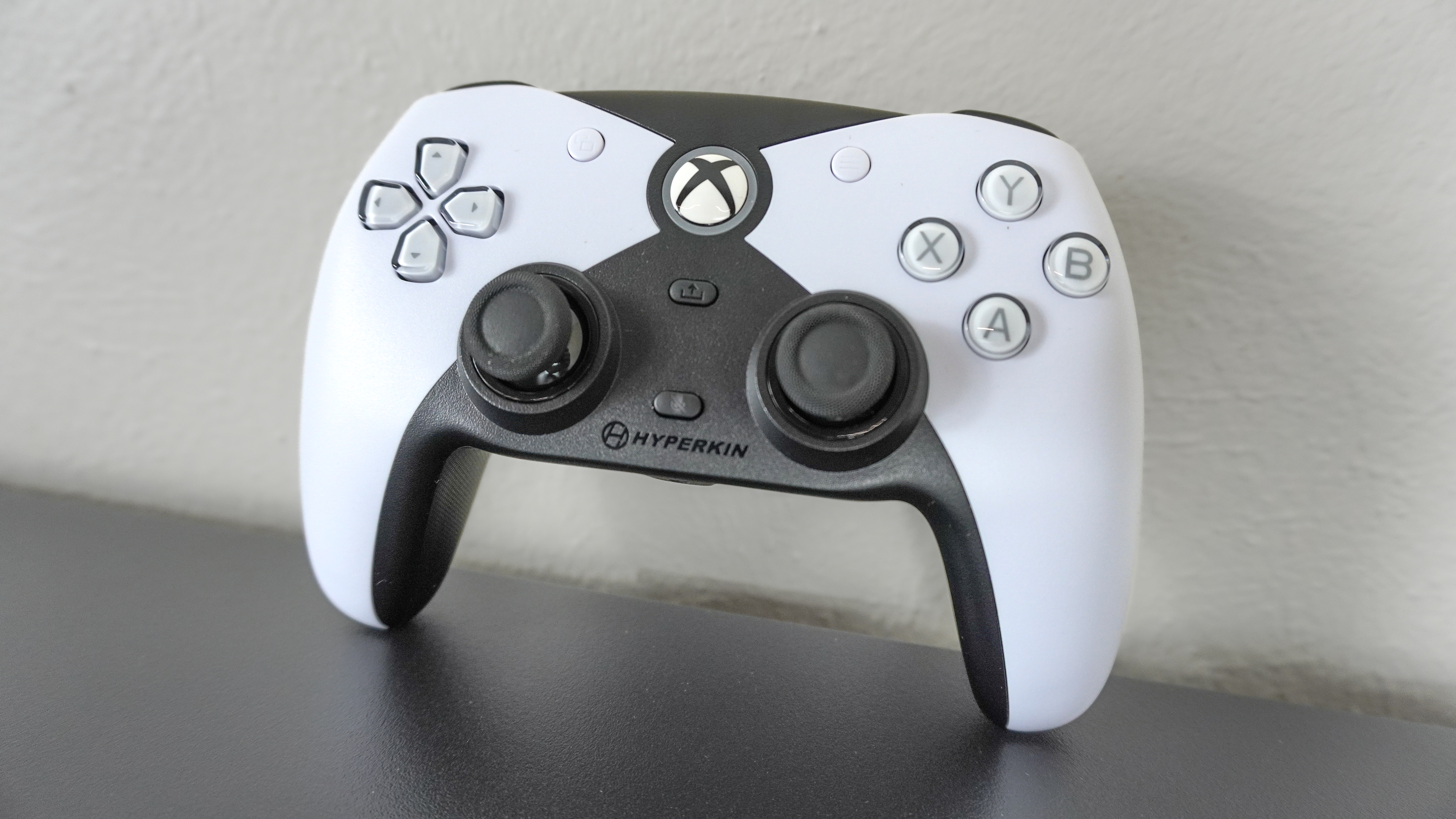With Apple Pay, iPhones Finally Have a Mobile Wallet
Apple Pay for iPhone 6 and iPhone 6 Plus can be used at businesses across the U.S. beginning next month, Apple announced.

UPDATE 9/9/2014 4:10 pm EST: Apple Pay will also work with the iPhone 5, 5c and 5s if users also have an Apple Watch.
Apple's upcoming iPhone 6 and iPhone 6 Plus will feature a new mobile-wallet feature called Apple Pay, Apple CEO Tim Cook revealed today (Sept. 9). Apple Pay can be used to pay for items at any retail stores that accept contactless payments, and when combined with the Passbook iOS app, can also be used to make online purchases.
"Our vision is to replace this," said Cook at Apple's press event in Cupertino, California, pointing to a picture of a leather men's wallet. Apple Pay will launch for the iPhone 6 and iPhone 6 Plus this October (approximately a month after the iPhone 6 and 6 Plus ship Sept. 19) as part of a free update for iOS 8. The iPhone 5, 5s and 5c can use Apple Pay only if paired with an Apple Watch.
MORE: Can You Trust Apple with Your Data?
To set up Apple Pay with a payment card, you can designate cards you've already entered into an iTunes Store account. Or you can simply take a photograph of your credit or debit card with your iPhone, as Eddy Cue, Apple's senior vice president of Internet Software and Services, told the crowd at Apple's event. Then, Cue explained, you'll need to verify Apple Pay with your bank or other card-issuing financial institution.
Once a card is added to Apple Pay, you can make payments by touching the iPhone to a point-of-sale card reader that has contactless capabilities, then using your thumb to press the Touch ID button. It's presumed that Apple Pay authenticates the phone's user identity by reading the user's thumbprint with the Touch ID fingerprint scanner, but Cue did not specify that.
Apple Pay communicates with contactless point-of-sale devices via the near-field communication (NFC) chip built into the iPhone 6 and iPhone 6 Plus. Older iPhones don't have NFC chips and can't use Apple Pay. Retail establishments will need to have NFC-based payment machines to accept Apple Pay, but Cue cited numbers that stated 220,000 merchant locations in the United States already did.
Get instant access to breaking news, the hottest reviews, great deals and helpful tips.
Apple Pay will work with 83 percent of United States credit cards at launch, Cue said. The American Express, MasterCard and Visa payment networkls have signed on, and so have Bank of America, Capital One Bank, Citigroup, JPMorgan Chase and Wells Fargo.
Cue said Apple is working directly with major U.S. retailers to integrate Apple Pay directly into stores. He named Whole Foods, Macy's/Bloomingdale's, Walgreens/Duane Reade, Staples, Disney (including Disney Stores and Disney World), Subway, Sephora, Petco, Panera Bread and McDonald's (including McDonald's drive-through windows), not to mention the Apple Store, as being among those that would soon accept Apple Pay.
Several companies, Cue said, will integrate Apple Pay directly into their iOS apps, including Target, Uber, OpenTable and Groupon.
Apple is far from the first tech company to implement a mobile-payment feature. Google Wallet, which debuted in late 2011, can also be used to store payment cards and make purchases at any business that accepts contactless payments, as does the competing Isis standard (recently renamed Softcard) developed by AT&T, T-Mobile and Verizon Wireless. Third-party apps such as Lemon Wallet and Square Wallet have similar features.
How secure is Apple Pay?
Apple Pay's security is comprised of four components: a near-field communication (NFC) chip, Touch ID, Passbook and a feature called Secure Element. Secure Element is a means of securely storing payment information, said Cue, but he didn't elaborate on exactly how.
Google Wallet also uses Secure Element, which Google defines as a section of the NFC chip's memory that stores payment-card numbers in a hardware-encrypted format.
Apple Pay does not transmit your payment-card data to the retail merchant; rather, it sends a one-time payment number and a "dynamic security code," as Cue called it. In the event that your phone is lost or stolen, you can disable Apple Pay from a browser using Find My iPhone. Even if Apple Pay is not disabled, you won't have to cancel your credit cards, Cue said, since the credit-card number is not stored on the phone itself.
According to Cue, businesses at which you use Apple Pay need never know learn your credit-card number, or even your name. This may help protect customers against credit-card theft, such as the recently revealed data breach at Home Depot that appears to have affected all Home Depot retail stores in the U.S. and Canada since April of this year.
Apple will not record what Apple Pay users buy, where they bought it or how much they paid, Cue said.
"We are not in the business of collecting your data," he claimed.
- 12 Computer-Security Mistakes You're Probably Making
- 'Don't Take Nude Selfies' Is Not Good Security Advice
- 7 Scariest Security Threats Headed Your Way
Jill Scharr is a staff writer for Tom's Guide, where she regularly covers security, 3D printing and video games. You can follow Jill on Twitter @JillScharr and on Google+. Follow us @tomsguide, on Facebook and on Google+.
Jill Scharr is a creative writer and narrative designer in the videogame industry. She's currently Project Lead Writer at the games studio Harebrained Schemes, and has also worked at Bungie. Prior to that she worked as a Staff Writer for Tom's Guide, covering video games, online security, 3D printing and tech innovation among many subjects.
